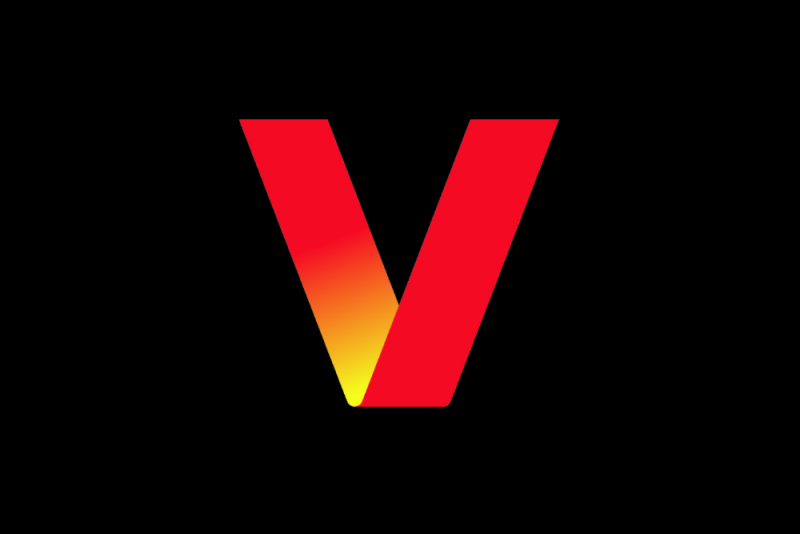Frontier Communications shareholders have officially approved Verizon Communications’ $9.6 billion acquisition of the company, a deal poised to reshape the U.S. telecommunications landscape. This approval follows Frontier’s strategic efforts to revitalize its business by expanding its fiber network and improving broadband services.
The Companies Involved
Frontier Communications Parent, Inc. is a prominent telecommunications company serving residential and business customers across 25 U.S. states. The firm has gained recognition for its rapidly expanding fiber-optic network, which currently passes millions of premises. Frontier’s focus on “Building Gigabit America” has transformed it into a key player in providing high-speed broadband and digital infrastructure.
Verizon Communications Inc., one of the largest U.S. telecom providers, operates extensive wireless and wireline networks. Known for its premium mobility, Fios home internet, and business connectivity solutions, Verizon has consistently ranked at the forefront of innovation in fiber-optic technology and digital services.
Deal Highlights
The acquisition, valued at $38.50 per share, represents a 43.7% premium over Frontier’s 90-day average stock price as of early September 2024. The transaction, which includes a total enterprise value of approximately $20 billion, was unanimously approved by both companies’ boards of directors. Shareholders’ approval marks a key step toward finalizing the deal, which is expected to close in 18 months, pending regulatory reviews.
For Verizon, this acquisition is part of a strategic plan to enhance its broadband footprint and consolidate its position as a leader in fiber-optic connectivity. The integration of Frontier’s network will immediately expand Verizon’s fiber services to millions more customers, strengthening its offerings in regions previously underserved by its infrastructure.
Strategic and Financial Impacts
The merger offers several strategic benefits:
- Expanded Fiber Network: Frontier’s infrastructure complements Verizon’s Fios network, collectively passing over 25 million premises across 31 states and Washington, D.C.
- Enhanced Customer Experience: Verizon plans to introduce its mobility and home internet services to Frontier’s customer base, providing seamless integration and expanding consumer choice.
- Cost Synergies: Verizon anticipates at least $500 million in annual cost savings by the third year, thanks to increased scale and network efficiencies.
- Market Competitiveness: By merging their resources, the companies aim to compete more effectively with industry giants like AT&T and Comcast.
The deal is also expected to accelerate Verizon’s revenue and EBITDA growth rates, maintaining the company’s financial strength while aligning with its long-term capital allocation priorities.
Challenges and Controversies
Despite the approval, the transaction has faced pushback from some Frontier investors and analysts, who argue the acquisition price undervalues the company’s growth trajectory and assets. Proxy advisory firms such as Institutional Shareholder Services (ISS) have recommended caution, with calls for renegotiation of terms. Nonetheless, Frontier’s leadership remains confident in the strategic and financial merits of the deal, citing a transformative opportunity for stakeholders.
Broader Implications
This acquisition underscores the ongoing consolidation in the telecommunications industry as providers strive to expand their service areas and enhance network capabilities. With growing consumer demand for high-speed internet and advanced digital solutions, this merger positions Verizon to capture a larger share of the market while providing Frontier with new opportunities for growth.
The transaction signals a vote of confidence in the future of fiber-optic technology as the backbone of digital infrastructure, offering expanded connectivity to millions of Americans. As regulatory approvals progress, the industry will closely watch how this union influences competitive dynamics and customer satisfaction.

